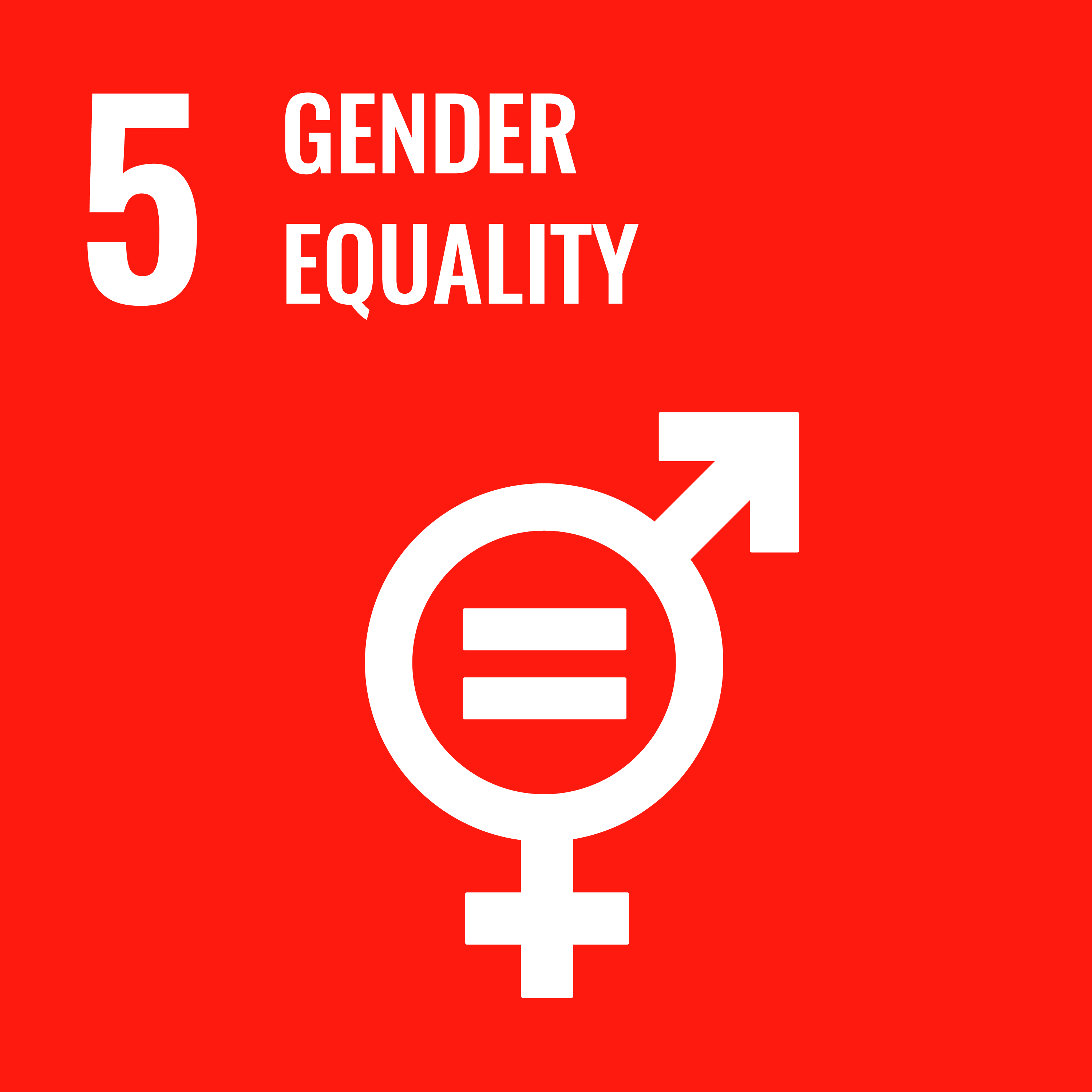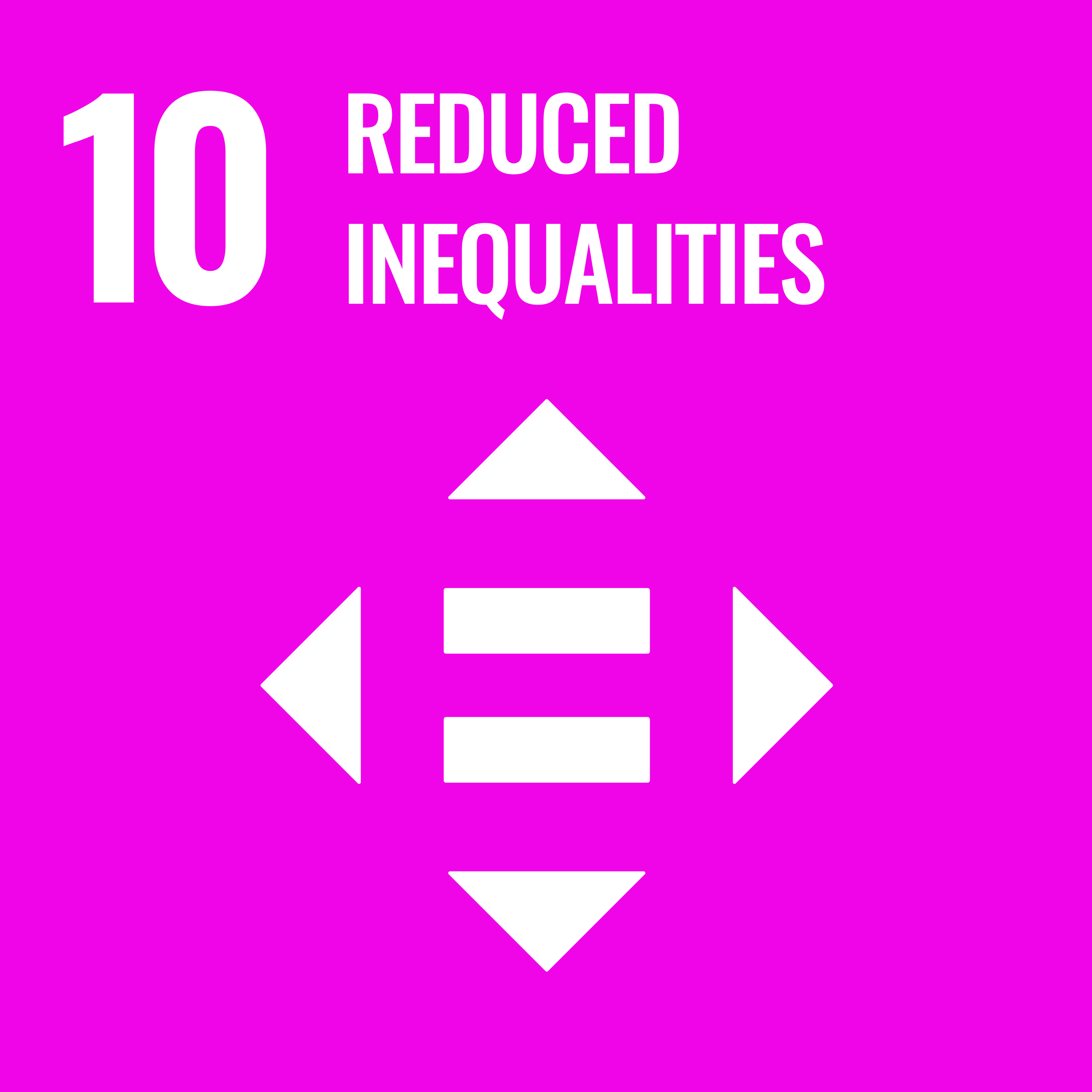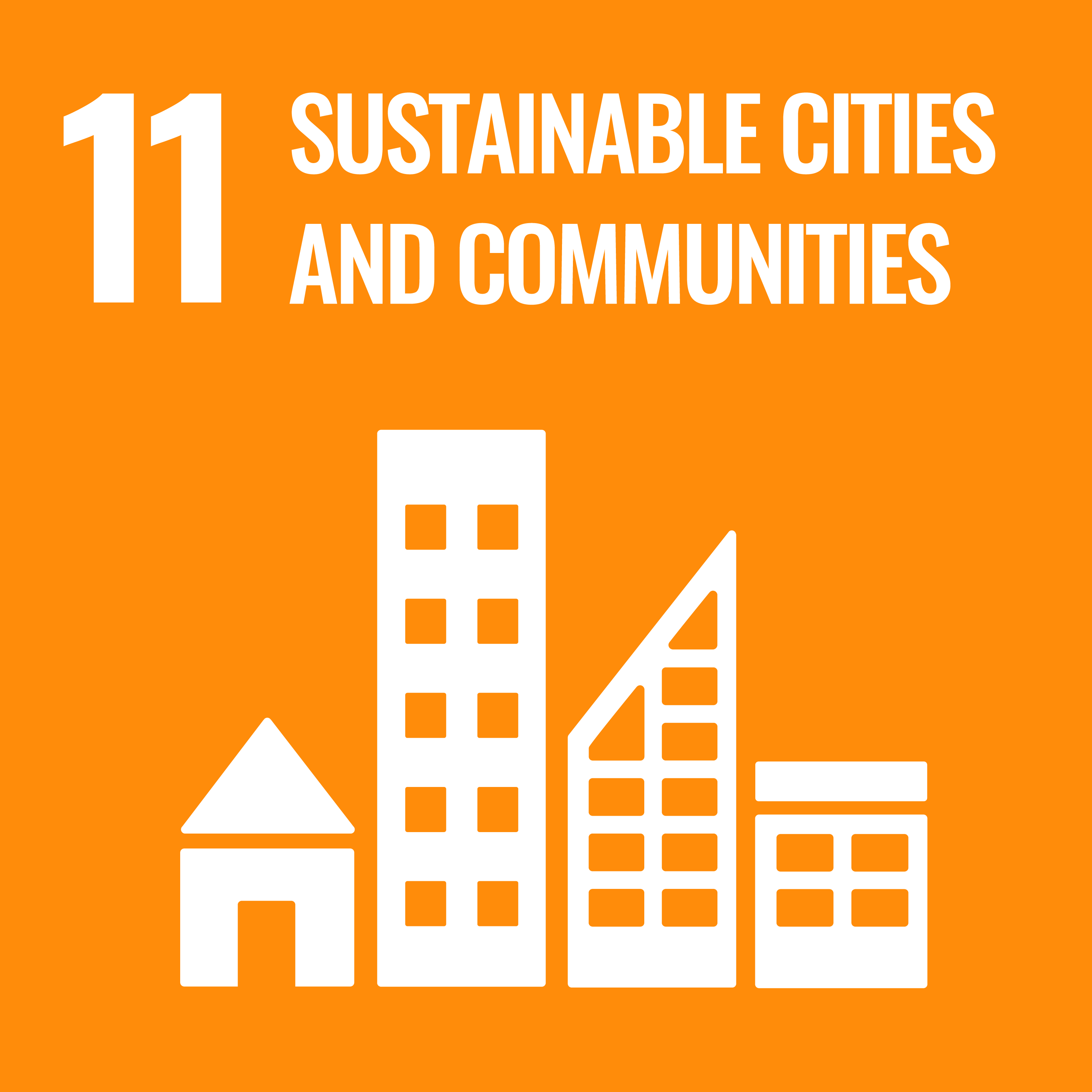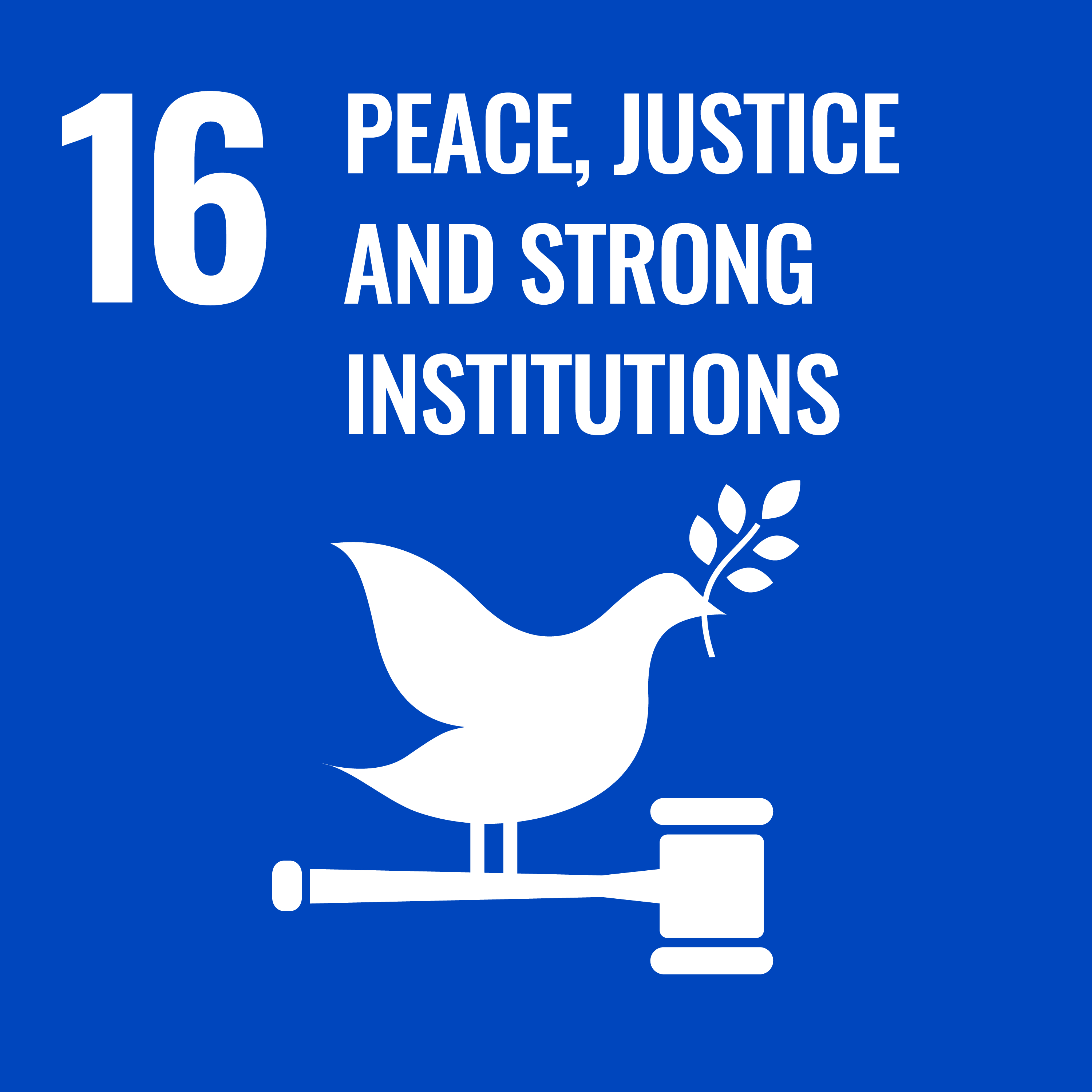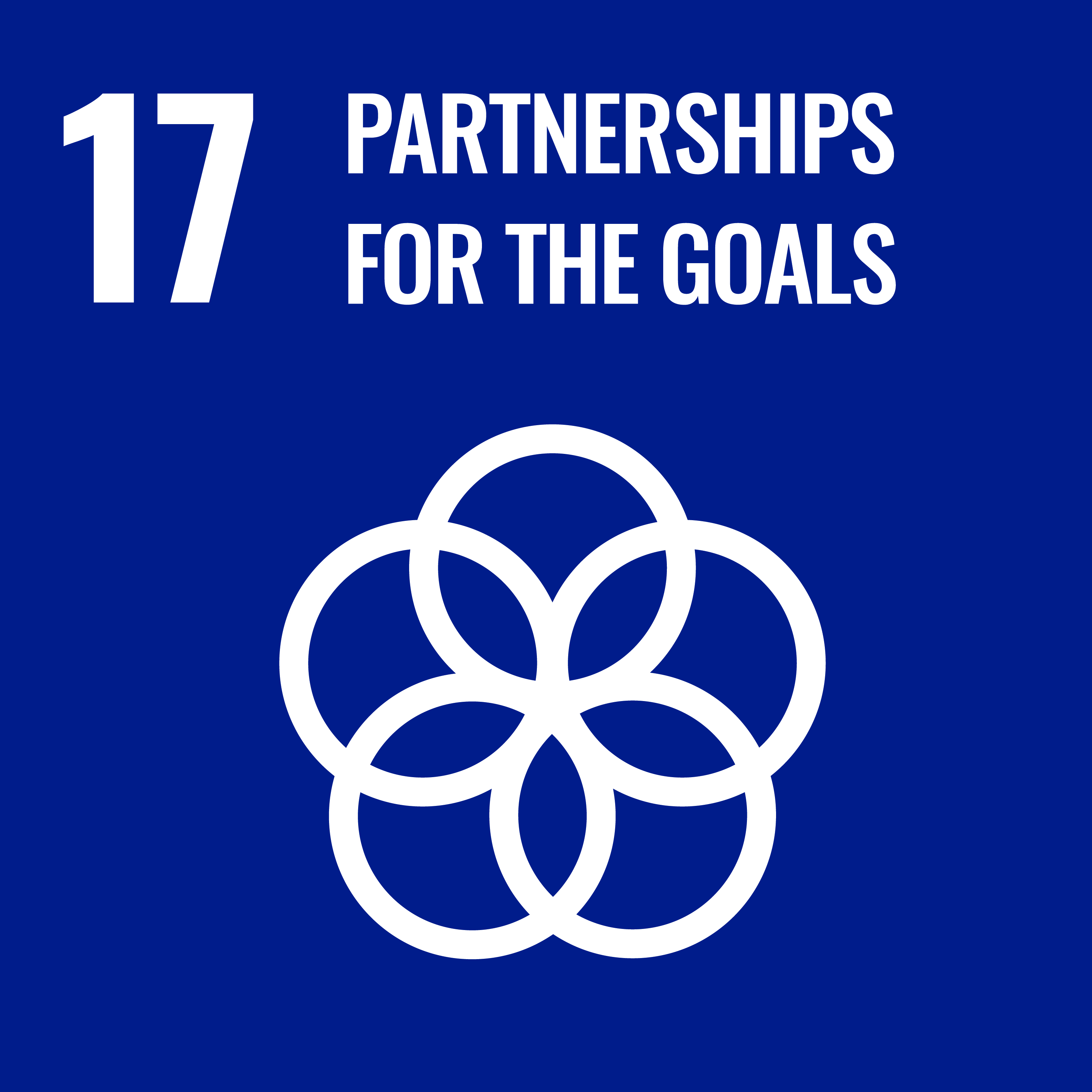Contributes to achieving SDGs
Key achievements
During the first year of its Strategic Plan 2022-2025, in collaboration with an expanded set of partners, UN Women worked to safeguard and advance the rights of women and girls across the humanitarian-development-peace nexus and achieved the following early results:
inter-agency coordination mechanisms
strengthened statistical systems contributing to increased data to monitor SDG gender indicators, up from from 42% in 2021 to 50% in 2022
countries and territories
demonstrated the use of SDG gender data for gender-responsive policy decision-making in statistical systems
Women’s Resilience to Disasters Policy Tracker


